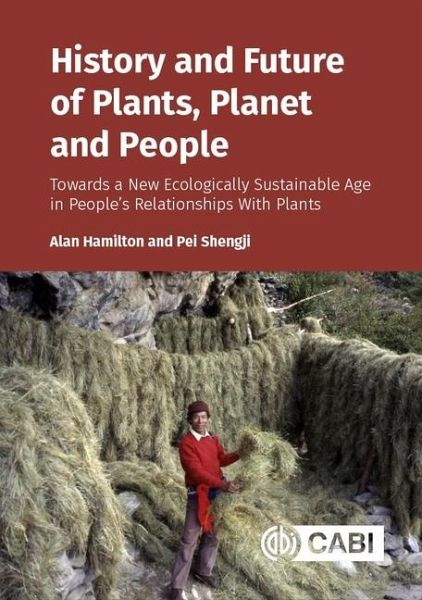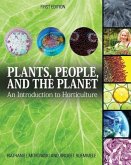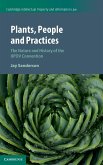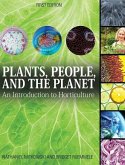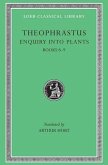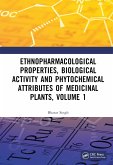This book describes how plant conservation projects benefit from working with local communities and stakeholders and the use of ethnobotanical knowledge. It has been written by two very experienced conservation scientists with very different backgrounds; Alan Hamilton from the West and Pei Shengji from China.
Hinweis: Dieser Artikel kann nur an eine deutsche Lieferadresse ausgeliefert werden.
Hinweis: Dieser Artikel kann nur an eine deutsche Lieferadresse ausgeliefert werden.

